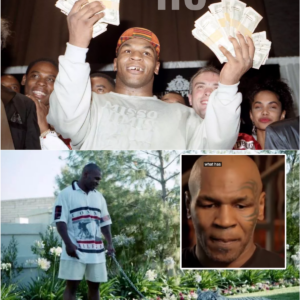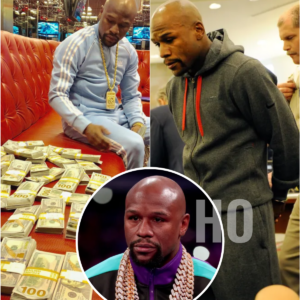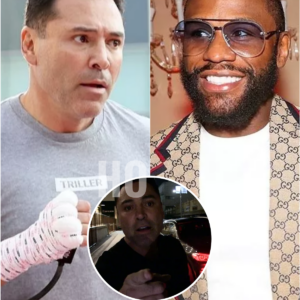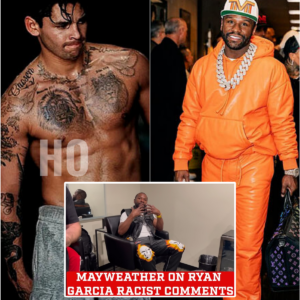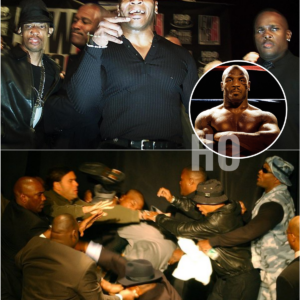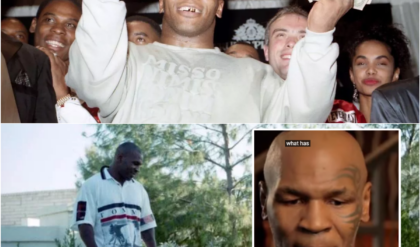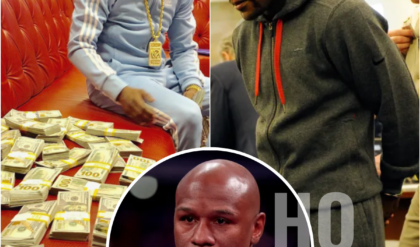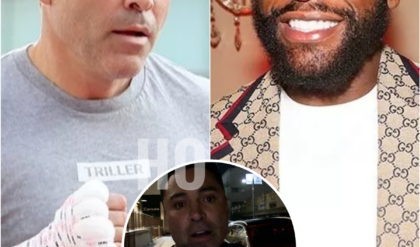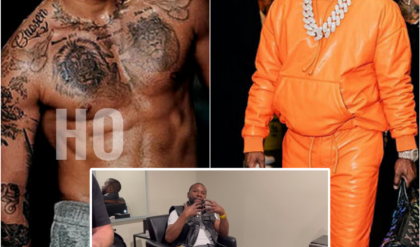VIDEO – Clive Davis REACTS To Kanye West Exposing Him: “He’s A FREAK”!? | HO
So, like, you know how Diddy has this shady reputation, right? Well, there’s this new gossip going around that might explain why. Kanye West recently said something that got people talking. They’re saying Clive Davis, this big shot in the music industry, might be the reason behind Diddy’s bad behavior.
The word on the street is that Davis taught Diddy how to manipulate people, like use them for their talents and stuff, and then just throw them away when they’re not useful anymore. If this is true, it means Clive Davis could be even worse than Diddy himself. And trust me, that’s saying something, considering all the bad stuff people say about Diddy. So, let’s dig into this a bit more.

The death of Whitney Houston in 2012, just hours before Clive Davis’ annual pre-Grammy party, sparked controversies and conspiracies that have persisted for over a decade. This tragic event has intertwined the legacies of Whitney, a beloved singer whose life was marked by phenomenal success and personal struggles, with that of Clive Davis, her mentor and a powerful figure in the music industry. Their complex relationship, marked by professional triumphs and personal challenges, sheds light on the intricacies of fame, mentorship, and the impact of public perception on private grief.
Whitney Houston was found deceased in her room at the Beverly Hilton Hotel on February 11, 2012, the day Clive Davis was hosting his prestigious gathering downstairs. The decision to proceed with the party despite Whitney’s untimely death drew significant criticism from the public and those close to her, casting a long-lasting shadow over Davis’ reputation. Critics argued that holding a celebration in the same building where Houston’s body lay was insensitive and disrespectful. Davis, however, defended his decision by stating that it was intended as a tribute to Whitney, believing it was what she would have wanted. He claimed the event was transformed into a homage to her legacy, celebrating her life through music, the medium that had defined her career.
The relationship between Whitney Houston and Clive Davis was more than just professional; Davis had discovered Houston and helped craft her into a global icon. Their partnership yielded numerous hits that dominated the charts in the 1980s and 1990s, making Whitney Houston a household name and Clive Davis an influential figure in the music industry. This mentor-mentee relationship, however, was also complex, with Davis guiding many aspects of Houston’s career and, by some accounts, influencing personal decisions as well.
The nature of their relationship has led to speculation about the degree of control Davis had over Houston’s life and career. This speculation was fueled by remarks from individuals close to Whitney, including comments made by singer Chaka Khan, who questioned the appropriateness of continuing with the party and suggested it contradicted what Whitney herself would have desired. These criticisms highlight the delicate balance of power that often exists in the entertainment industry, where personal and professional boundaries are frequently blurred.
The aftermath of Whitney Houston’s death also reignited discussions about the pressures faced by superstars in the limelight and the role their handlers, including mentors and industry executives, play in their lives. Issues such as addiction, mental health, and personal autonomy come to the forefront in such tragic circumstances, raising questions about the support systems available to artists struggling with similar issues.

Moreover, the incident at the Beverly Hilton and the subsequent investigation into Whitney Houston’s death, which ruled it as accidental drowning with heart disease and cocaine use as contributing factors, did little to quell the public’s thirst for a deeper understanding of her final days. The presence of superficial injuries noted in the autopsy report and the circumstances of her death led to rampant speculation and conspiracy theories, further complicated by the high-profile nature of the case and the personalities involved.
These theories often extend to discussions about other celebrities who have died under tragic or mysterious circumstances, drawing parallels between Whitney Houston’s death and those of other music legends like Michael Jackson and Prince. The discourse often centers on the notion that the value of these artists to the industry somehow increases after their deaths, a perspective that touches on broader issues of exploitation and posthumous earnings in entertainment.
In exploring the intricate dynamics between Whitney Houston and Clive Davis, it is crucial to consider the broader implications of their story. It serves as a poignant reminder of the human cost of fame and the often unseen burdens carried by those in the public eye. As we reflect on their legacies, the controversy surrounding the decision to continue with the party at the Beverly Hilton serves as a focal point for discussions about respect, the ethics of mentorship in the entertainment industry, and the delicate handling of legacy and memory in the aftermath of tragedy.
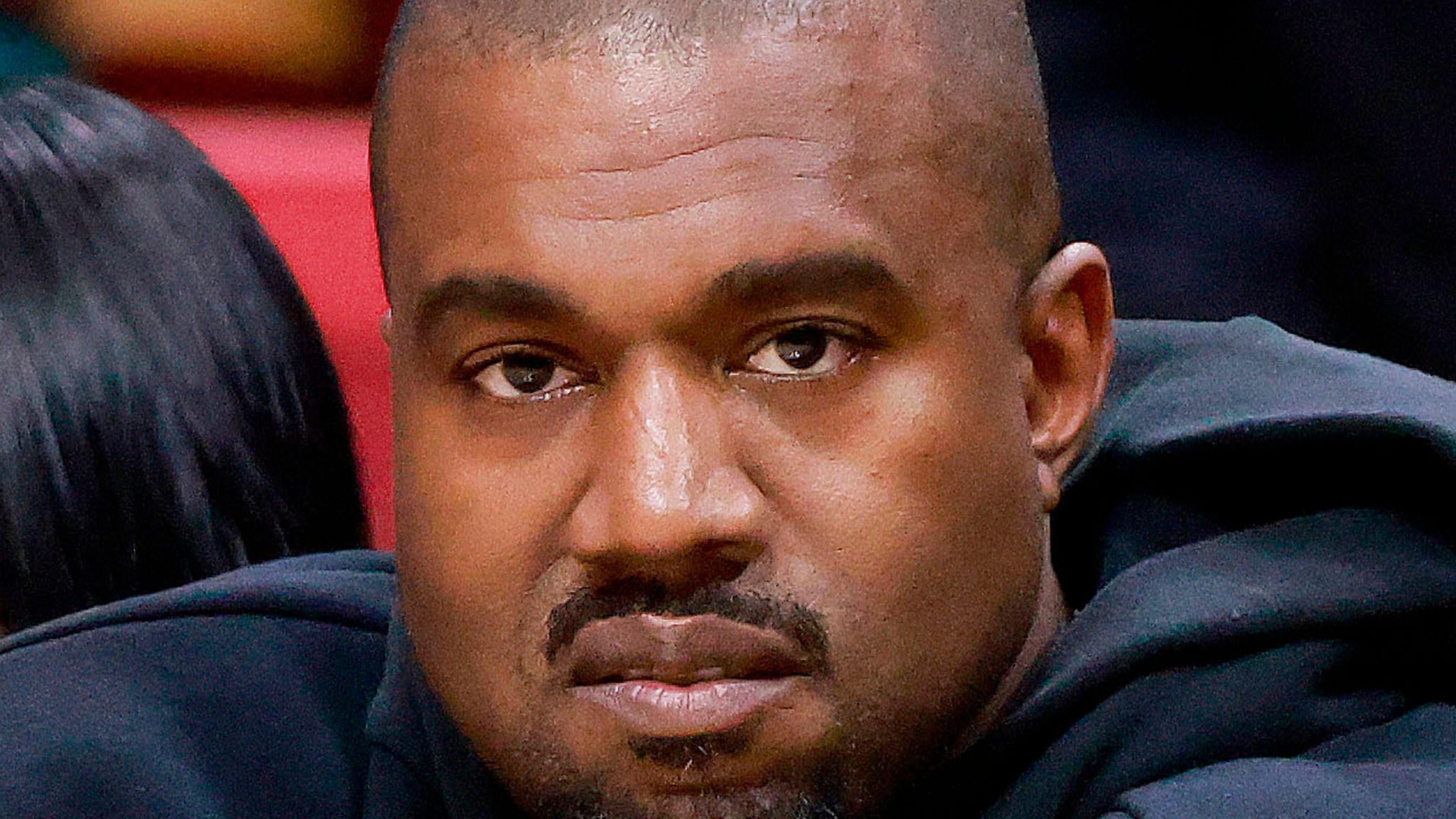
The legacy of the late Christopher Wallace, better known as The Notorious B.I.G. or Biggie Smalls, is complex and enduring, intertwining his unparalleled influence on hip-hop with the business machinations that often surround such prominent figures. Central to the narrative of Biggie’s posthumous legacy is Sean “Diddy” Combs, whose relationship with Biggie during his lifetime and actions in the years following his untimely death at 24 raise important questions about the nature of exploitation and remembrance in the music industry.
Biggie Smalls, during his brief but meteoric career, reshaped the landscape of East Coast hip-hop, bringing a depth of storytelling and lyrical prowess that has seldom been matched. However, Biggie’s life was tragically cut short in 1997, just as he stood on the precipice of further artistic and personal evolution. Reports indicate that prior to his death, Biggie was working on establishing his own record label, a move that suggested a desire for greater control over his career and financial independence, stepping away from Bad Boy Records, the label run by Diddy.
Diddy’s role in Biggie’s career was undeniably pivotal. As the producer of Biggie’s albums and the head of Bad Boy Records, Diddy was instrumental in bringing Biggie’s music to a broad audience. However, the nature of their partnership, particularly how it has continued posthumously, has been a subject of scrutiny. For over 25 years—longer than Biggie lived—Diddy has been involved in various projects that capitalize on Biggie’s legacy, from albums to merchandise and biographical documentaries. This has led to debates about the ethical dimensions of profiting from the artistic output of deceased artists, particularly when those profits seem disproportionately skewed towards the living.
The commercialization of an artist’s legacy is not uncommon in the music industry, but it does raise questions about respect for the artist’s original intentions and the handling of their work after their death. For instance, Biggie’s posthumous releases, controlled and curated by Diddy and Bad Boy Records, have been criticized by some fans and commentators who wonder about the extent to which these releases align with Biggie’s artistic vision. The situation is further complicated by allegations from people close to Biggie who suggest that his relationship with Diddy was strained by business disagreements and differing visions for the future, particularly regarding Biggie’s desire to establish his own label.
Beyond the commercial aspects, there are also more personal dimensions to the story, woven through the complex interpersonal dynamics of the music industry. The deaths of other figures close to Diddy from Uptown Records, and the suspicious circumstances surrounding some of these deaths, have fueled conspiracy theories and further scrutiny of Diddy’s relationships and business practices. While there is no concrete evidence linking Diddy to any wrongdoing in these cases, the accumulation of tragic events paints a somber backdrop that colors public perception.
Moreover, the discussion about the exploitation of Biggie’s legacy cannot be separated from broader discussions about race, power dynamics in the music industry, and the often precarious position of artists in an industry that sometimes values profit over people. Biggie’s story is emblematic of a larger pattern where young, talented artists from marginalized backgrounds are thrust into the spotlight and struggle to navigate an industry that is not always set up in their best interest.
In addressing these complex issues, it’s essential to strike a balance between celebrating Biggie’s profound impact on music and culture and critically examining the structures that continue to govern his artistic legacy after his death. It involves acknowledging Diddy’s role in Biggie’s career but also questioning the continuing financial benefit and control he wields over Biggie’s artistic outputs. This scrutiny is not just about assigning blame but rather about fostering a deeper understanding of the music industry’s operational dynamics and developing better frameworks for protecting artists’ legacies in a way that honors their memory and respects their artistic intentions.
As the years progress and Biggie’s music continues to resonate with new generations, the conversation around his legacy serves as a poignant reminder of the need for integrity, respect, and ethical stewardship in the handling of artists’ legacies. The ongoing debate over Diddy’s role in Biggie’s career and legacy underscores the complex interplay of art, money, and power in the music industry—a dynamic that continues to influence how artists are remembered and how their legacies are shaped long after they are gone.
News
‘I’m really embarrassed with myself and my life’: Mike Tyson on Where’s His $400 Million Dollars | HO
‘I’m really embarrassed with myself and my life’: Mike Tyson on Where’s His $400 Million Dollars | HO Tyson became one of the most high-profile and wealthiest sportsman on the planet – but staggering financial mismanagement meant he filed for…
CLINK FLOYD – Mayweather’s 60-day prison hell as he survived on Snickers, paid gangsters for protection, and feared jailer was out to get him | HO
CLINK FLOYD – Mayweather’s 60-day prison hell as he survived on Snickers, paid gangsters for protection, and feared jailer was out to get him | HO FLOYD MAYWEATHER needed to pay for protection and constantly moaned about conditions during his…
OSCAR DE LA HOYA CALLS OUT FLOYD MAYWEATHER Makes $100 Million Offer!!! | HO
OSCAR DE LA HOYA CALLS OUT FLOYD MAYWEATHER Makes $100 Million Offer!!! | HO Oscar De La Hoya is gunning for a fight with one of the greatest boxers of all-time, Floyd Mayweather, telling TMZ Sports he’s got $100 MILLION for Money if he…
Floyd Mayweather REACTS to Ryan Garcia N-Word R₳CIST RANT; Shuts down “NEGATIVITY” to PRAISE Moton | HO
Floyd Mayweather REACTS to Ryan Garcia N-Word RACIST RANT; Shuts down “NEGATIVITY” to PRAISE Moton | HO Ryan Garcia is looking to boxing legend Floyd Mayweather in order to resuscitate his flagging career in the ring — but right now, it is proving…
Smartest move tank has ever made! Floyd Mayweather RESPONDS To Gervonta Davis CALLING HIM OUT To Fight! | HO
Smartest move tank has ever made! Floyd Mayweather RESPONDS To Gervonta Davis CALLING HIM OUT To Fight! | HO The relationship between Floyd Mayweather and Gervonta “Tank” Davis has been a rollercoaster of highs and lows, marked by moments of…
Mike Tyson HD get him a straight jacket put your mother in a straight jacket Lewis press conference | HO
Mike Tyson HD get him a straight jacket put your mother in a straight jacket Lewis press conference | HO “Get him a straitjacket!” That’s how all this craziness started. In 2002, boxing writer Mark ‘Scoop’ Malinowski stood at the…
End of content
No more pages to load
